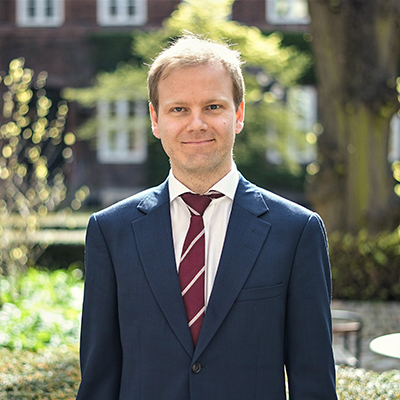EU-budget- and Policy
The Ministry of Finance is responsible for the EU budget and, as such, carries out the coordinating function for Denmark’s activities as regards the EU budget and related areas.
The Multiannual Financial Framework
The EU’s Multiannual Financial Framework (MFF) sets out the Union’s overall expenditure priorities and provides the framework for its annual budgets, typically over a period of seven years. The framework determines both the overarching allocation of funds to the EU’s policy areas and the ceilings for the annual budgets, thereby defining the annual contributions of individual Member States. The Ministry of Finance coordinates MFF negotiations on behalf of Denmark. This work is conducted in close collaboration with other ministries, Member States and the European Commission.
The Annual EU Budget
The Ministry of Finance’s tasks related to the annual EU budget include negotiations in the Council and with the European Parliament, budgeting Denmark’s EU contribution within the national finance act, and ongoing coordination and management of EU budget matters.
Ensuring sound financial management and protecting the EU’s financial interests against fraud and irregularities is also anchored in the Ministry of Finance. The work focuses on maximizing effect and minimizing the risk of errors and fraud in the implementation of EU funds.
Denmark’s Recovery Plan
The Ministry of Finance’s tasks as regards Denmark’s recovery plan includes the role as coordinating body, overseeing overall progress on the national implementation of the EU’s overall Recovery and Resilience Facility. This involves ongoing coordination of payment requests to the European Commission, requiring Denmark to document that the plan’s 87 targets and milestones have been met to secure EU funding. The audit body for the Danish plan is also placed in the Ministry of Finance, in the Center for Supervision and Law.
Economic Consequences of EU legislation
EU legislation can have consequences not only for the EU budget but also for citizens, businesses, and authorities in Member States. The Ministry of Finance coordinates efforts to identify the negative economic consequences of EU legislation, with a particular focus on reducing consequences for public finances.
EU Personnel Policy
The Ministry of Finance represents the government’s interests regarding the EU’s personnel policy. The Ministry works to increase the number of Danes employed in EU institutions, particularly in the European Commission. This effort is outlined in the government’s action plan to promote Danes in the EU from December 2017 (link). The Ministry of Finance is also the responsible authority for the staff regulations, governing employment conditions for personnel in the EU’s institutions.
Denmark’s EU Presidency in the Second Half of 2025
As Denmark assumes the Presidency of the EU Council of Ministers from July 1, 2025, for six months, the Ministry of Finance is responsible for preparing and managing the presidency within its policy area, including chairing the work of a number of Council working groups. For the Ministry, the presidency also involves the role as the Council’s chief negotiator in the negotiations of the EU’s 2026 budget with the European Commission and the European Parliament.
-

Mads Nørgaard Jørgensen
Title: Head of Division
Email: mjg@fm.dk
